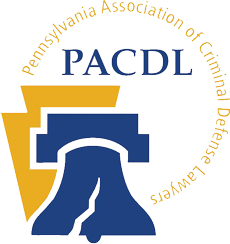Collaborative Law
The “No Court Alternative”
Collaborative law, also known as a “no court alternative,” in Pennsylvania, is a relatively new option that allows parties to resolve disputes respectfully and privately without going to court. It differs from traditional litigation by giving control of the process to the parties, not the judge. The process is solution-based, taking into account the priorities, needs and goals of the parties. By respectfully engaging in an open and honest exchange of information, the process enhances communication and lays the foundation for a healthier future relationship between the parties.
In a collaborative divorce, each spouse selects a lawyer trained and experienced in the collaborative law process. The spouses and their lawyers sign an agreement not to go to court, and each spouse meets with his or her lawyer privately. Based on the family’s needs, the lawyers form a team that may include a neutral facilitator and other professionals such as a financial professional or child specialist, all whom are also trained and experienced in this process. The team meets individually with the spouses and together as needed for discussion and negotiations. The discussions focus on needs and explore possible solutions. The final product of this process is an agreement shaped and controlled by the spouses, rather than an order imposed by the court.
Attorney Rose Kauffman has extensive training and experience in the collaborative law process. She is a member of the Central Counties Collaborative Law Community and the International Academy of Collaborative Professionals.
Attorney Stephanie VanHorn also has extensive training and experience in the collaborative law process. She is also a member of the Central Counties Collaborative Law Community and the International Academy of Collaborative Professionals.
Additional Collaborative Law Information
More detailed information on collaborative law and the other collaboratively trained professionals involved with central Pennsylvania can be found at centrecollaborativelaw.com and www.collaborativepractice.com.
Contact An Attorney With Collaborative Law Experience
For more information regarding collaborative law, please call our State College office at (814) 234-8834 or via our Contact page.



